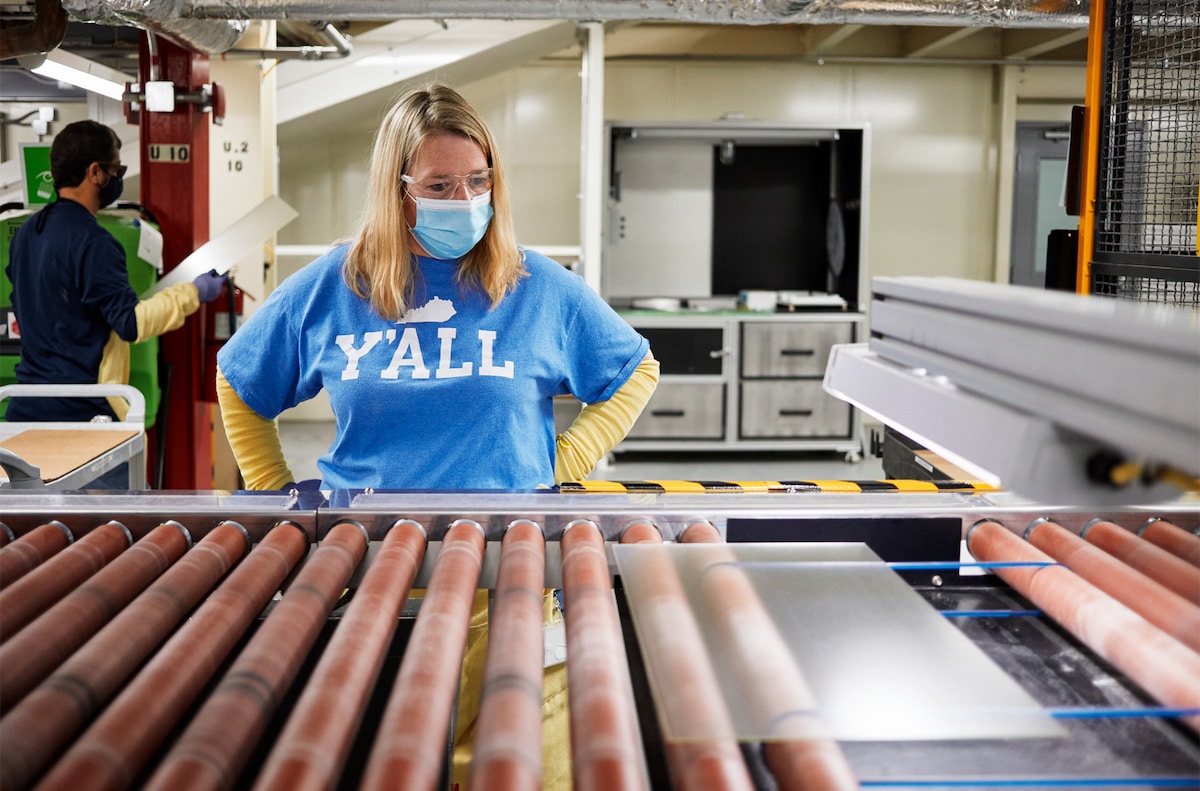As part of its commitment to human rights, Apple conducts annual “Conflict Minerals” audits of all the smelters and refiners from its supply chain to ensure that minerals and raw material used in the manufacturing of its products do not directly or indirectly finance or benefit the armed group in the Democratic Republic of the Congo (DRC) or an adjoining country.
Apple’s “Conflict Minerals” report for the period January 1, 2021, to December 31, 2021, submitted to the United States Securities and Exchange Commission (SEC) states that the tech giant removed 12 more smelters and refiners from its supply chain who did not participate or complete a “Conflict Minerals” audit or meet the company’s requirement for responsible sourcing of minerals.

Apple focuses on supporting communities in the Democratic Republic of the Congo by continuing responsible mining
As per the filing, the tech emphasized that throughout the COVID-19 pandemic, it supported communities in the DRC with resources and education on COVID-19 prevention measures and made sure that none of the smelters or refiners were sourcing 3TG (tantalum, tin, tungsten, and gold) that directly or indirectly financed or benefited armed groups in the DRC or an adjoining country.
In 2021, the tech giant removed 12 suppliers who did not complete a third-party audit of their mineral sourcing or meet its requirements for responsible sourcing of minerals. That brings the total to 163 3TG smelters and refiners from its supply chain since 2019: 9 tantalum, 50 tin, 19 tungsten, and 85 gold smelters and refiners. And the 253 smelters and refiners of 3TG in the company’s supply chain have been cleared after a third-party conflict minerals audit.
As of December 31, 2021—for the seventh straight year—100 percent of the identified smelters and refiners in our supply chain for all applicable Apple products manufactured during calendar year 2021 participated in an independent third party conflict minerals audit for 3TG.
These audits encompassed the identified smelters and refiners that provide materials for the following Apple product categories: iPhone®, Mac®, iPad®, AirPods®, Apple TV®, Apple Watch®, Beats® products, HomePod mini®, iPod touch®, Apple Card®, and all Apple accessories.
Of the 253 smelters and refiners of 3TG determined to be in our supply chain as of December 31, 2021, we found no reasonable basis for concluding that any such smelter or refiner sourced 3TG that directly or indirectly financed or benefited armed groups in the DRC or an adjoining country.
Furthermore, Apple states that it supports initiatives and organizations in conflict areas where 3TG minerals are sourced to empower local communities to raise issues and report incidents related to illegal mining. The tech giant believes that a joint effort by all stakeholders in the conflict areas can bring stability and meaningful change.
As we work to strengthen industry-wide due diligence programs operating in areas where 3TG minerals are sourced, we engage with and support a broad range of multistakeholder and community initiatives, including support for human rights and environmental defender organizations as well as whistleblower initiatives to empower independent, local voices to raise issues and report incidents at the mining level. Input from these stakeholders contributes to our robust due diligence program and drives industry-wide progress.
We believe that all stakeholders (including governments, civil society, and industry) should enhance their efforts to implement comprehensive due diligence programs, measure impact, and work together with, and support, local communities to improve conditions and drive economic and social development in mining areas, including in the African Great Lakes region.